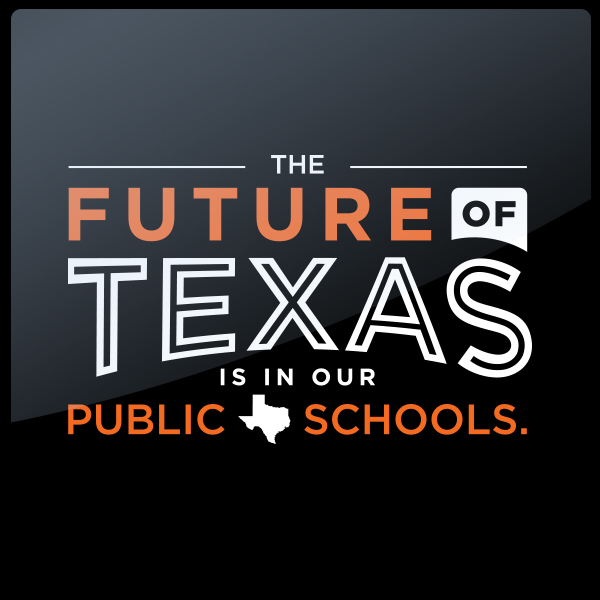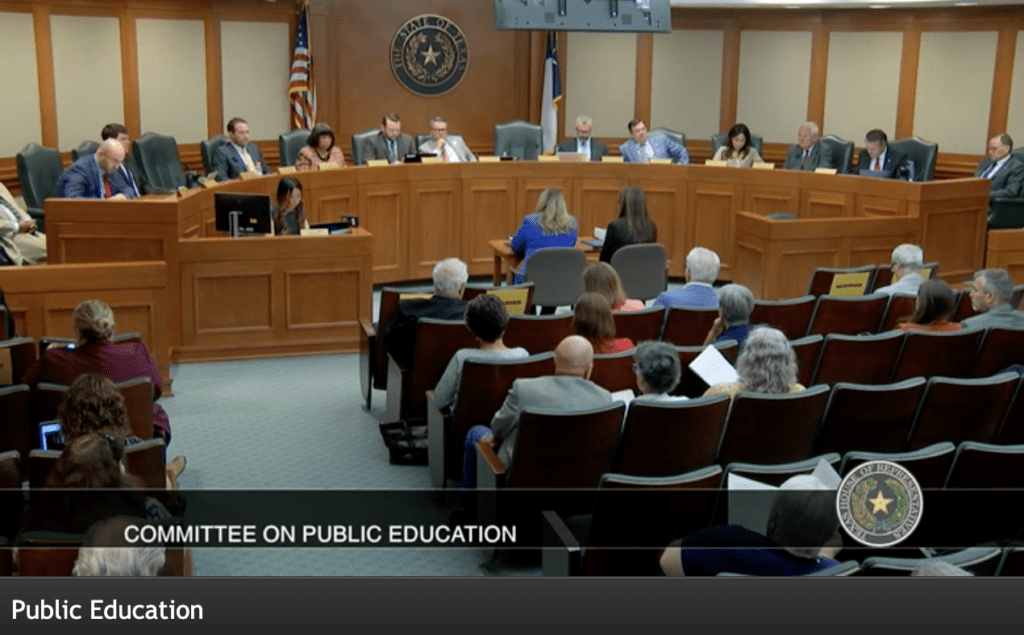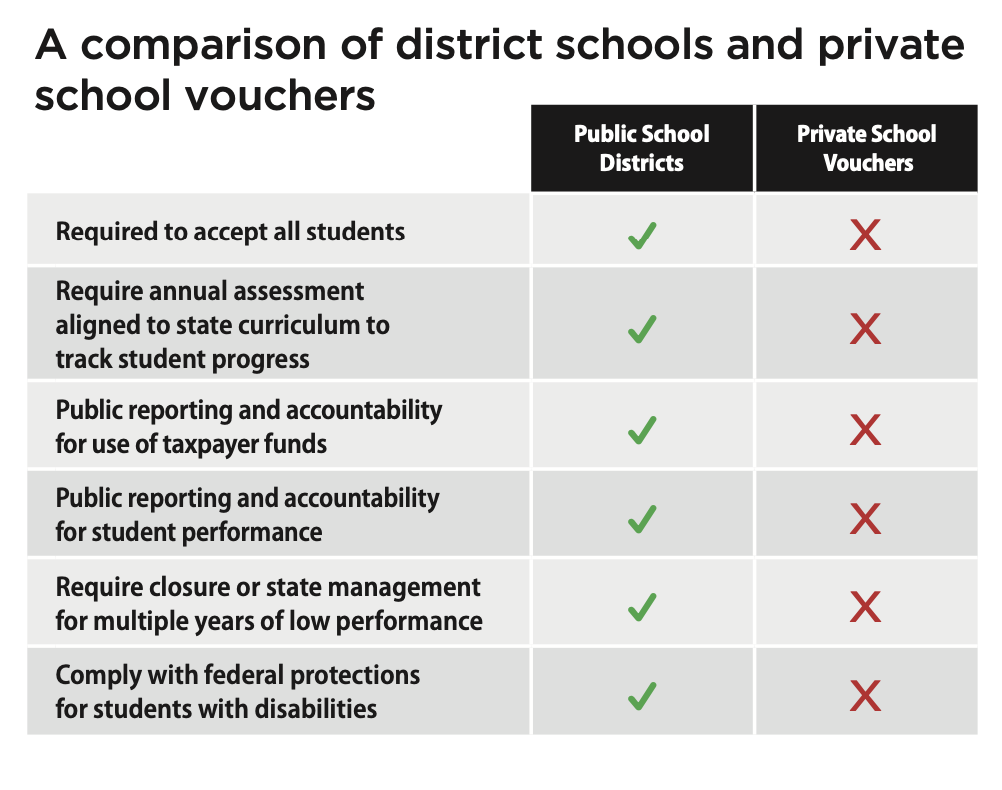
categories
House Committee Substitute Senate Bill 8 Verbal and Written Testimony by Dr. Michelle Smith

May 15, 2023
Raise Your Hand Texas was invited to provide testimony on Monday, May 15, 2023, Texas House Committee on Public Education Hearing on Senate Bill 8.
Michelle Smith Ph.D., Raise Your Hand’s executive director, is a former classroom educator who connects policy, research, and classroom experience to offer innovative approaches to the challenges in education policy in Texas. She brings a unique perspective to the education policy space because she has served as a public school teacher and holds a doctorate in School Improvement.
Raise Your Hand Texas is appreciative of the opportunity to speak before our legislators and shed light on the issues facing our 5.4 million public school students.
Raise Your Hand Texas also submitted the following written testimony in response to the Texas House Committee on Public Education Hearing on May 15, 2023, regarding Senate Bill 8. Raise Your Hand Texas will continue to keep the public informed through written and invited/public testimony on the issues related to public education in Texas.
Written by Dr. Michelle Smith
Before the Texas House Committee on Public Education
The Honorable Brad Buckley, Chair
May 15, 2023
Key Points
- Raise Your Hand Texas opposes any form of school voucher, including the provision of Article 3 in CSSB 8 that creates an Education Savings Account
- CSSB 8 clearly acknowledges that private schools and vendors will not be required to comply with federal and state protections for students with disabilities, protections public schools are required to offer
- CSSB 8 will divert billions of dollars in state funding to private schools and vendors that will not have to follow the same state curriculum, academic or financial accountability rating systems, or teacher certification requirements as our public schools
- Raise Your Hand Texas believes in a robust assessment and accountability system with no more than 50% of a state assessment being counted for a campus or district A-F letter grade.
- CSSB 8 does not abolish the state test; annual state testing is still required under federal law. The provisions of the bill rebrand STAAR and do not improve how A-F letter grades are determined
Position: Oppose, Written and Verbal

As Texas school districts face record inflation and an ongoing teacher shortage, the Texas Legislature should not invest its time and resources in programs that fail to support all of our 5.4 million public school students. This includes all forms of voucher programs, including the Article 3 provision in CSSB 8 which creates an Education Savings Account.
Under this proposed voucher program, each eligible student would receive the average state- and local-weighted average daily attendance of the district. This amount varies by school district but averages over $8,400 per student, with an additional $1,500 in funding provided for those students
participating in special education programs. The total amount, after up to 8% is deducted for fees to run the program by the Comptroller and private vendors operating the ESA, can be spent on private school tuition, instructional materials, educational therapies, technology, breakfast and lunch during the school day, and/or before- and after-school care.
With an initial price tag of $200 million per year, the voucher provision in the committee substitute for CSSB 8 has the potential to balloon to billions of dollars, just as seen in other states. This funding should not be directed to private schools or vendors that will have little to no state accountability for the education of our students, but instead fund our public schools that have faced double-digit inflation, teacher retention issues, and other programmatic funding needs.

More importantly, voucher programs do not help our students improve academically. Recent research on our country’s longest and largest voucher programs shows that these programs do not improve student test scores or academic achievement over time, including having a negative impact on college enrollment and completion rates for disadvantaged students. Texas should not divert public funds to private vendors that are unaccountable and are not required to serve all of our students properly.
In fact, CSSB 8 clearly states that private schools and vendors do not have to provide the same education as public schools. Under provisions of this bill, a certified educational assistance organization shall post on the organization’s internet website, and provide each parent who
submits an application for the program, a notice stating private schools are not subject to federal and state laws regarding the provision of educational services to a child with a disability in the same manner as a public school.
For decades, Texas has been a leader in holding public schools accountable. Parents and other stakeholders deserve consistent and comparable information about school performance. Voucher
proposals have not required private schools to serve all students and meet the same accountability standards as public schools.
Raise Your Hand Texas believes state dollars should remain in our public schools. Only public schools serve all students and are required to meet federal standards for those with disabilities or limited English proficiency. Our public schools are equitably funded and held accountable for measurable student results. That is the system that best serves all Texas families and taxpayers.



